What do you think?
Rate this book


446 pages, Mass Market Paperback
First published July 1, 1999
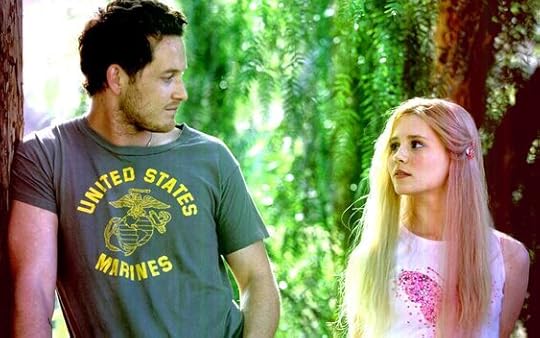
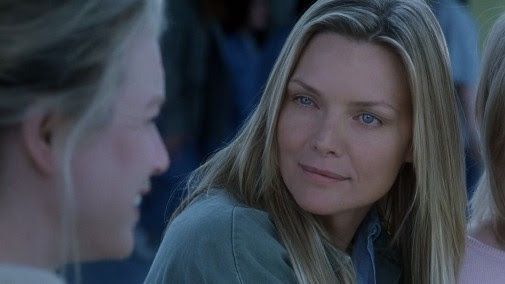
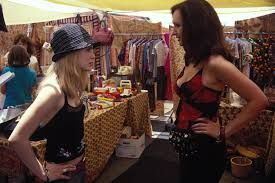
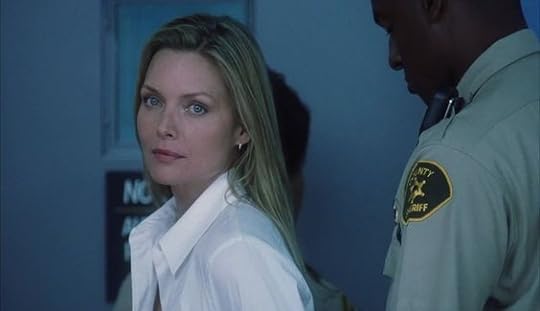
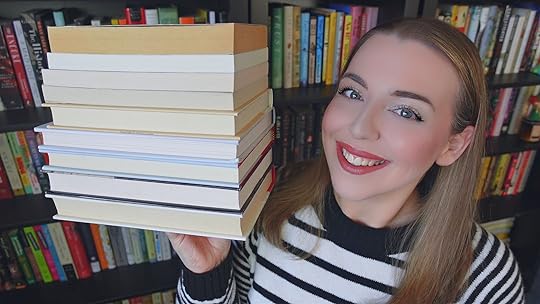


Beauty was my mother's law, her religion. You could do anything you wanted, as long as you were beautiful, as long as you did things beautifully. If you weren't, you just didn't exist. She had drummed it into my head since I was small. Although I had noticed by now that reality didn't always conform to my mother's ideas.